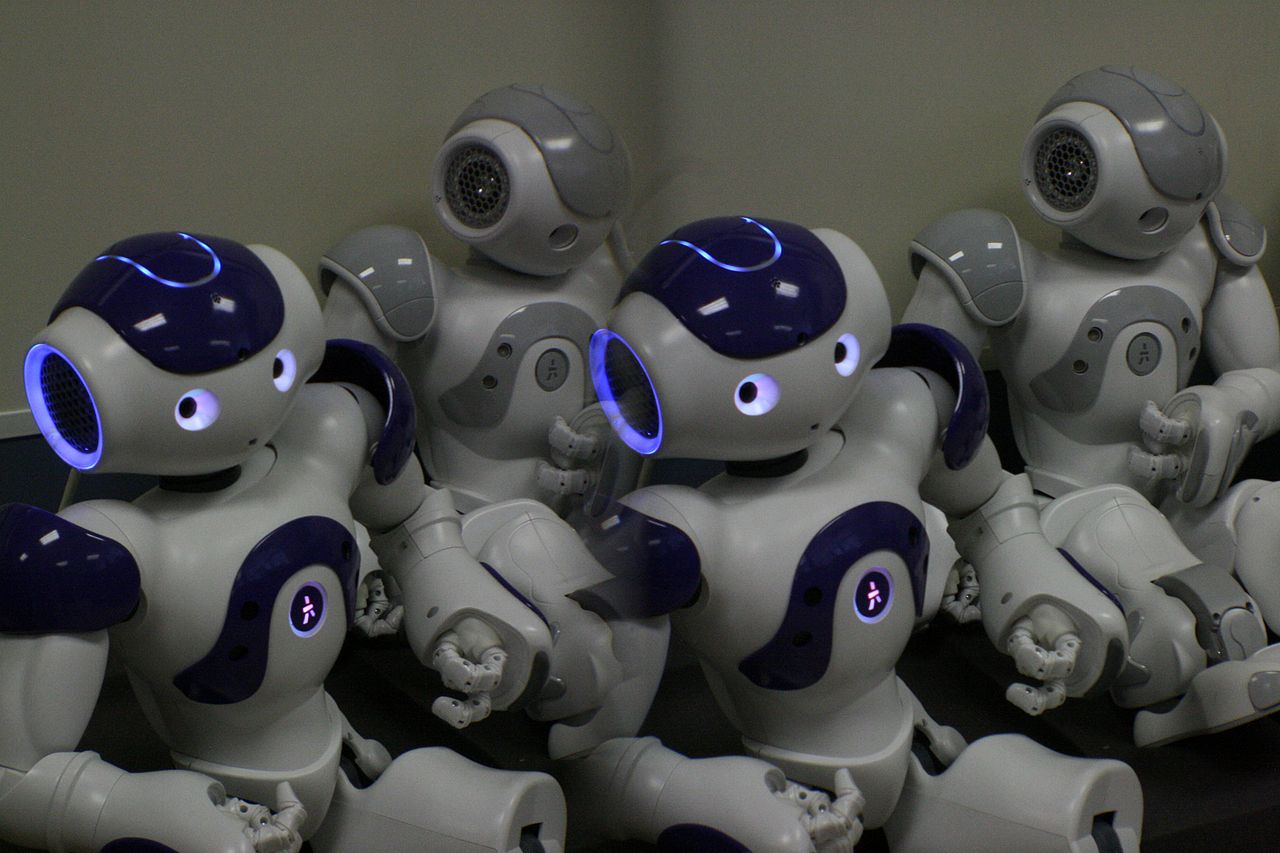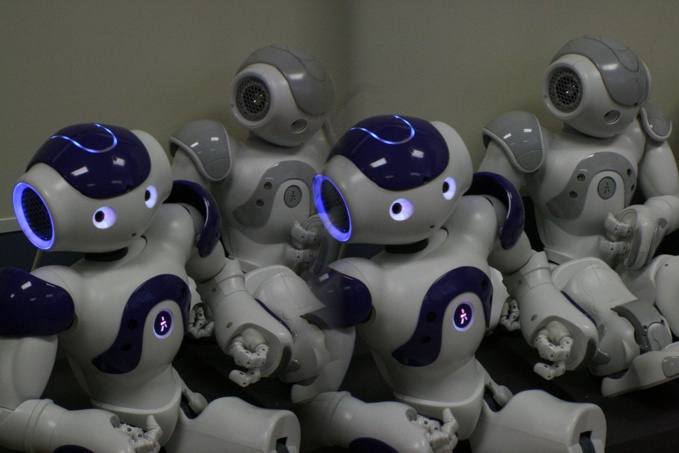Gates believes that governments can prevent a social crisis by imposing a tax on the robots. If automation slows down after that, everyone will benefit from it. The unexpected offer, which immediately caused a heated debate around the world, reveals a number of serious challenges of automation.
Someday in the distant future, robots with their own consciousness, cash and accounts department will probably pay income tax just like all people do. Yet, that's not what Gates meant. He believes that modern robots should be taxed. The tax can be applied on installation of automatic systems, or on income received by the company as a result of replacement people with machines.
The money could be spent on retraining workers, on health and education, or to support the elderly and the sick.
Robots are a capital investment, such as a blast furnace or a computer. Economists have traditionally opposed taxation of things that allow to produce more goods. Taxes that inhibit investment make people poorer, because they do not bring a lot of extra money.
However, Gates believes that investment in robots cannot be compared to investments in operating coal-fired generators. They increase not only industrial production, but also social costs, which economists call a negative externality.
The rapid automation may result in huge job losses, and new sectors will simply have no room for everyone. This can lead to high social cost and long-term unemployment, as well as support potentially destructive government policy. Tax on robots could be likened to a tax on emissions of blast furnaces, writes the British magazine The Economist.
However, life is much more complicated. Investment in robots can improve productivity of workers, making them more valuable and necessary. Tax on robots will hit blue collars the hardest. Of course some workers will be eventually replaced by robots and laid off, but others will benefit from lower prices.
Slow introduction of robots in healthcare and service sectors may seem like a reasonable way to maintain social stability. However, if medical costs increase, extra income of workers will be nullified. The victory will be tantamount to defeat.
Gates is understandably alarmed by proximity of automation era, in which robots will drive trucks or operate machines. There is still a surplus of cheap labor even now, and companies are not very interested in investing in labor-saving technologies. Why re-equip warehouses, if many people are willing to do any work for a minimum wage?
Gates’ initiative to make robotization more expensive than human labor could further delay already sluggish growth of performance. According to experts, the problem is in automation but in reluctance of companies to share profits from innovation with workers and society.
Undoubtedly, it is convenient to demonize robots, and Gates may still reconsider his position. When companies receive unattainable and unjustifiably dominant position in the market, both workers and machines will lose.
source: economist.com, qz.com
Someday in the distant future, robots with their own consciousness, cash and accounts department will probably pay income tax just like all people do. Yet, that's not what Gates meant. He believes that modern robots should be taxed. The tax can be applied on installation of automatic systems, or on income received by the company as a result of replacement people with machines.
The money could be spent on retraining workers, on health and education, or to support the elderly and the sick.
Robots are a capital investment, such as a blast furnace or a computer. Economists have traditionally opposed taxation of things that allow to produce more goods. Taxes that inhibit investment make people poorer, because they do not bring a lot of extra money.
However, Gates believes that investment in robots cannot be compared to investments in operating coal-fired generators. They increase not only industrial production, but also social costs, which economists call a negative externality.
The rapid automation may result in huge job losses, and new sectors will simply have no room for everyone. This can lead to high social cost and long-term unemployment, as well as support potentially destructive government policy. Tax on robots could be likened to a tax on emissions of blast furnaces, writes the British magazine The Economist.
However, life is much more complicated. Investment in robots can improve productivity of workers, making them more valuable and necessary. Tax on robots will hit blue collars the hardest. Of course some workers will be eventually replaced by robots and laid off, but others will benefit from lower prices.
Slow introduction of robots in healthcare and service sectors may seem like a reasonable way to maintain social stability. However, if medical costs increase, extra income of workers will be nullified. The victory will be tantamount to defeat.
Gates is understandably alarmed by proximity of automation era, in which robots will drive trucks or operate machines. There is still a surplus of cheap labor even now, and companies are not very interested in investing in labor-saving technologies. Why re-equip warehouses, if many people are willing to do any work for a minimum wage?
Gates’ initiative to make robotization more expensive than human labor could further delay already sluggish growth of performance. According to experts, the problem is in automation but in reluctance of companies to share profits from innovation with workers and society.
Undoubtedly, it is convenient to demonize robots, and Gates may still reconsider his position. When companies receive unattainable and unjustifiably dominant position in the market, both workers and machines will lose.
source: economist.com, qz.com



















